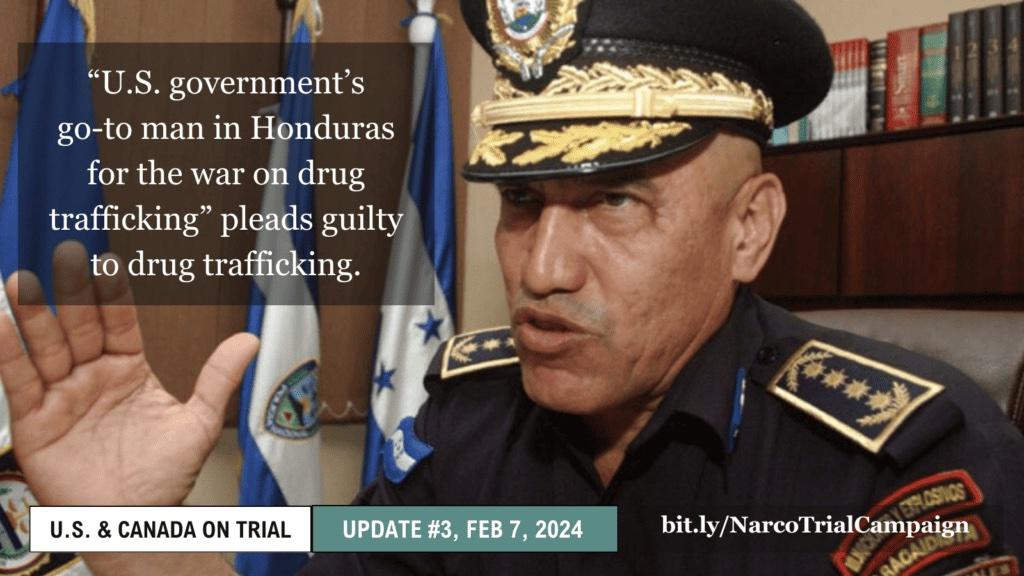El Salvador's millennial president, Nayib Bukele, secured an easy re-election on February 4, claiming a landslide victory with 85% of the vote and 58 out of 60 congressional seats for his party, Nuevas Ideas. Despite delays in official results and concerns over technical issues, Bukele declared himself president, leading to doubts about the election's legitimacy. Human rights groups criticize Bukele's crackdown on gangs, and his second term raises concerns about authoritarianism. Bukele's vice president, Félix Ulloa, stated they are "eliminating" and "replacing" democracy, causing international alarm. The country faces an economic crisis, with rising poverty attributed to factors like climate change and lack of support for farmers. Bukele's popularity, fueled by a cultivated image and a disregard for democratic institutions, has garnered support from the far right and libertarians, including figures like Tucker Carlson and Roger Stone. Bukele's attacks on the press involve invoking antisemitic conspiracies about George Soros, raising concerns about his approach to transparency and democratic values.
- Home
- About Us
- Issues
- Countries
- Rapid Response Network
- Young Adults
- Get Involved
- Calendar
- Donate
- Blog

